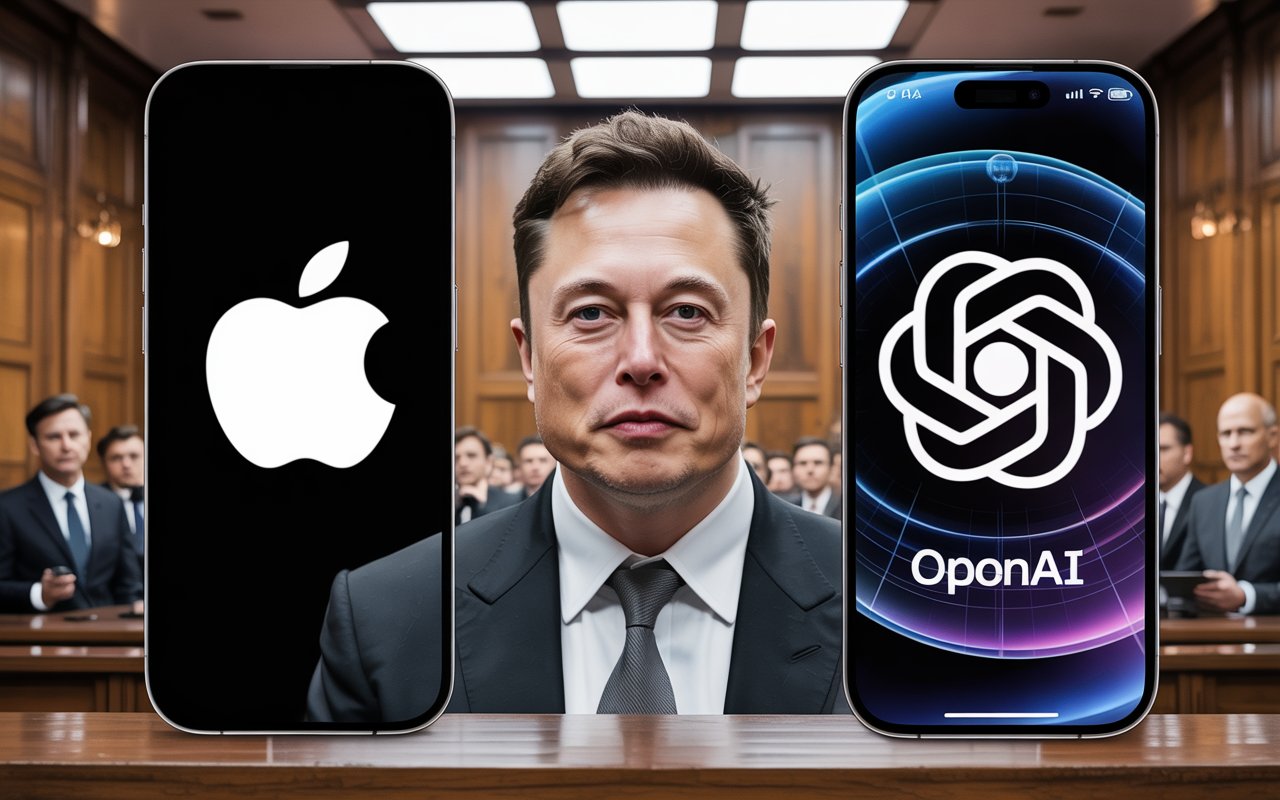
Elon Musk Sues Apple and OpenAI: Breaking Down the AI Monopoly Lawsuit
In a shocking legal move, Elon Musk sues Apple and OpenAI, accusing the two technology giants of colluding to suppress competition in the booming artificial intelligence industry. Filed in Texas, the lawsuit alleges that Apple’s exclusive partnership with OpenAI effectively locked out rivals like Musk’s own AI startup, xAI, and its chatbot Grok. The case is not just about contracts—it is about control over the future of generative AI, competition in one of the world’s fastest-growing markets, and the influence of trillion-dollar corporations.
Artificial intelligence has become the new frontier of global technological rivalry. With billions of dollars invested, AI systems like ChatGPT, Google’s Gemini, and Musk’s Grok are competing for dominance. Apple, holding more than 65% of the U.S. Elon Musk sues Apple and OpenAI smartphone market, wields enormous influence through its App Store ecosystem. By integrating OpenAI’s ChatGPT directly into iOS, Apple effectively placed one chatbot above all others.
For Musk, who launched xAI to rival OpenAI, this decision looked less like innovation and more like exclusion. His lawsuit claims Apple and OpenAI conspired to prevent Grok from competing on fair grounds.
At the heart of the lawsuit lies the focus keyword: Elon Musk sues Apple and OpenAI, which represents the essence of the dispute. According to Musk’s legal team, the exclusive agreement between Apple and OpenAI means that iPhone users seeking generative AI tools have only one option: ChatGPT. This arrangement, Musk argues, violates U.S. competition laws and unfairly disadvantages startups like xAI that aim to challenge established players.
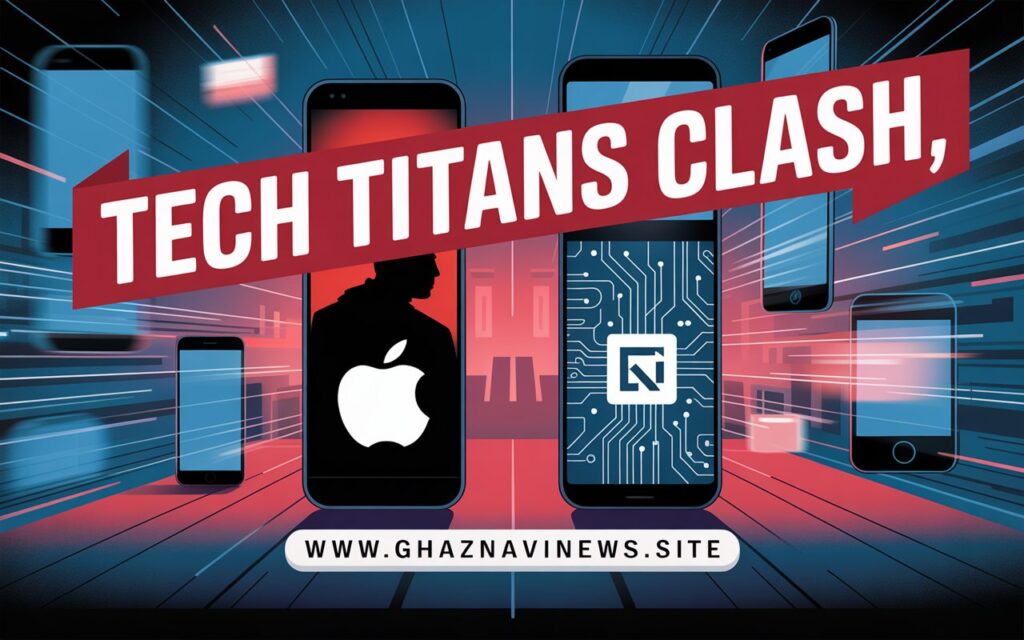
Musk’s Complaint
The official complaint states:
- Apple deliberately blocked Grok from gaining visibility in the App Store.
- OpenAI’s integration into iOS created an artificial monopoly.
- Consumers were deprived of choices in generative AI tools.
- xAI’s ability to expand was deliberately sabotaged.
Musk’s lawyers compared the arrangement to historical antitrust cases, where powerful corporations colluded to crush emerging competition. They argue that Apple and OpenAI’s partnership is not about innovation, but about control and profit.
Apple’s Position
Elon Musk sues Apple and OpenAI
While Apple has not officially responded, the company has consistently defended its App Store policies, claiming they are designed to protect users’ privacy and ensure app security. However, critics argue Apple’s policies often favor companies it partners with, while smaller rivals face restrictions and reduced visibility.
In this case, integrating OpenAI’s ChatGPT directly into iOS raises questions: Was it purely a technological decision, or was it a business strategy to eliminate competition?
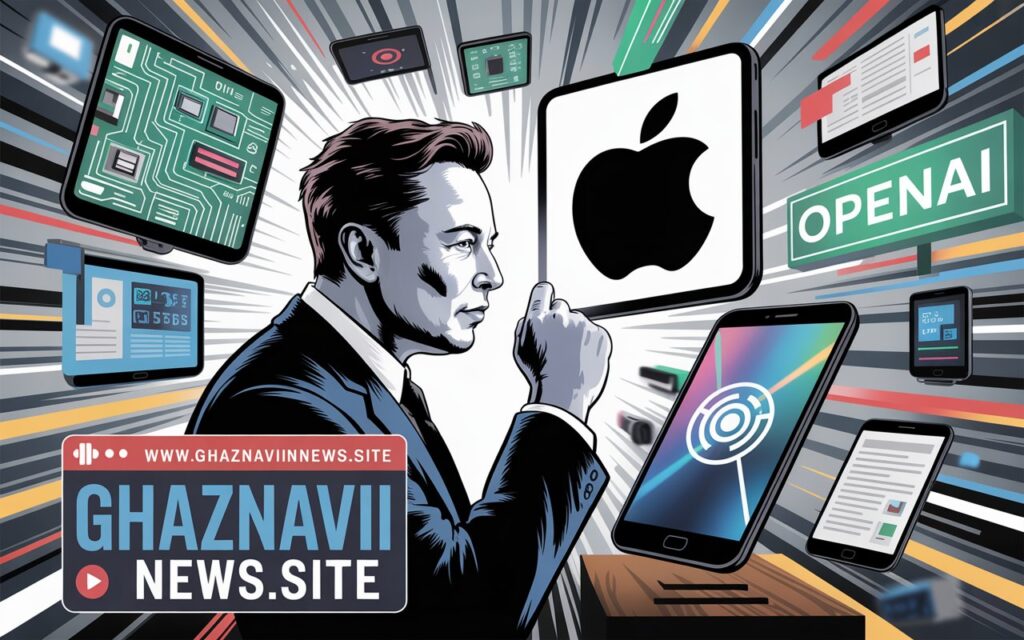
OpenAI’s Silence
OpenAI has also remained quiet in response to the lawsuit. But Musk’s history with the company makes this case particularly striking. As a co-founder of OpenAI in 2015, Musk envisioned it as a non-profit initiative dedicated to ethical AI. He later distanced himself, claiming the company lost its founding values when it partnered with Microsoft and became profit-driven. Today, Musk’s xAI stands as a direct challenger to his old venture.
The Stakes for xAI and Grok
xAI, Musk’s startup, developed the Grok chatbot to compete with ChatGPT and other generative AI tools. Hosted primarily on X (formerly Twitter), Grok gained traction among Musk’s loyal fan base but struggled to match ChatGPT’s global reach. The lawsuit claims this struggle is not due to lack of innovation, but because Apple and OpenAI deliberately shut Grok out of mainstream platforms.
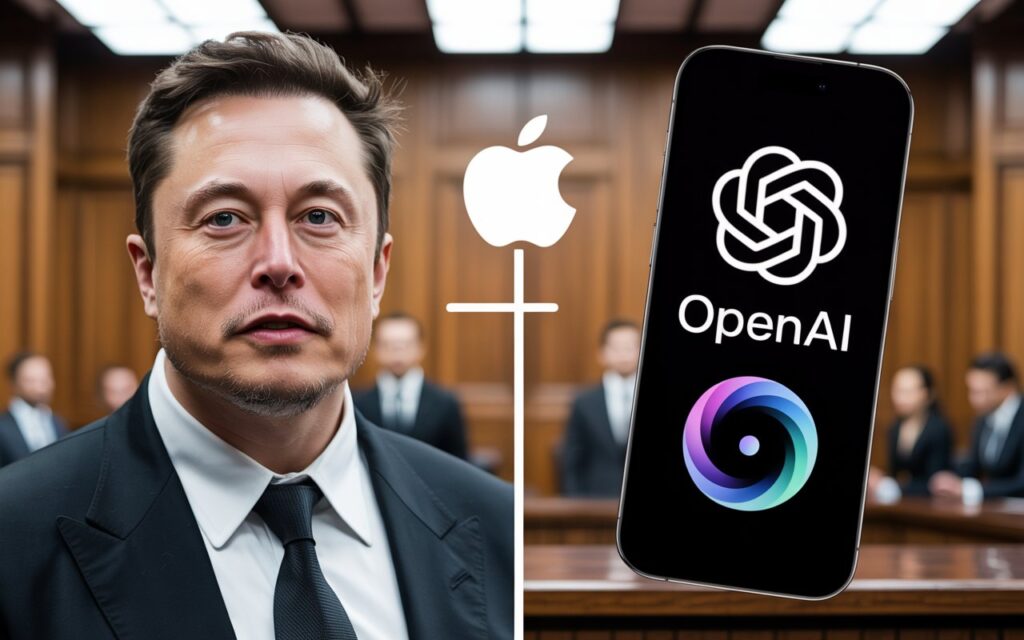
If Musk succeeds, it could open new doors for Grok and other startups in the AI field. But if he fails, OpenAI and Apple’s dominance might become even harder to challenge.
Global Implications
The Elon Musk sues Apple and OpenAI lawsuit has global ramifications. Regulators in the European Union, already scrutinizing Big Tech’s practices, may see this case as further proof that tech giants prioritize monopolistic behavior over fair competition. For Asia and emerging markets, the case highlights the importance of diverse AI ecosystems where no single company controls access.
Historical Parallels
Observers compare this lawsuit to Microsoft’s antitrust case in the late 1990s, when the company bundled Internet Explorer with Windows, crushing browser competition. Just as that case shaped internet history, Musk’s lawsuit could shape the AI industry for decades to come.
Public Reaction
The public response has been polarized. Supporters of Musk argue he is standing up against two of the most powerful technology corporations in the world, defending the right of smaller innovators to compete. Critics, however, claim Musk is merely protecting his own business interests and exaggerating the threat to consumers.
On social media, hashtags like #ElonMuskLawsuit, #AICompetition, and #AppleOpenAI trended, showing how strongly the debate resonates with users worldwide.
What Happens Next?
The case is still in its early stages, and legal battles of this magnitude could drag on for years. If the court rules in Musk’s favor, Apple may be forced to revise its AI integration policies, opening the door to multiple chatbots on iOS. If Apple and OpenAI prevail, Musk’s Grok may face an uphill battle to remain relevant in an AI market increasingly dominated by a few giants.
Conclusion
The story of Elon Musk sues Apple and OpenAI is not just about one billionaire clashing with two corporations—it is about the future of competition, innovation, and consumer choice in artificial intelligence. Whether the lawsuit succeeds or fails, it highlights the urgent need for regulators and industry leaders to ensure that AI development remains open, competitive, and fair for all players.
As Musk positions himself against two of the biggest names in tech, the world watches closely. The outcome could redefine how we interact with AI on our devices and how much power tech giants can exert over the tools shaping our future.
Why did Elon Musk sue Apple and OpenAI?
A: Musk alleges Apple and OpenAI conspired to block AI competition and monopolize the generative AI market.
What role does ChatGPT play in this lawsuit?
Musk argues Apple’s exclusive integration of ChatGPT into iOS unfairly excluded other AI competitors like his Grok chatbot.
How could this lawsuit impact the AI industry?
If Musk wins, it may open the AI market for fairer competition, reducing Apple and OpenAI’s dominance.
Table of Contents
Read More News

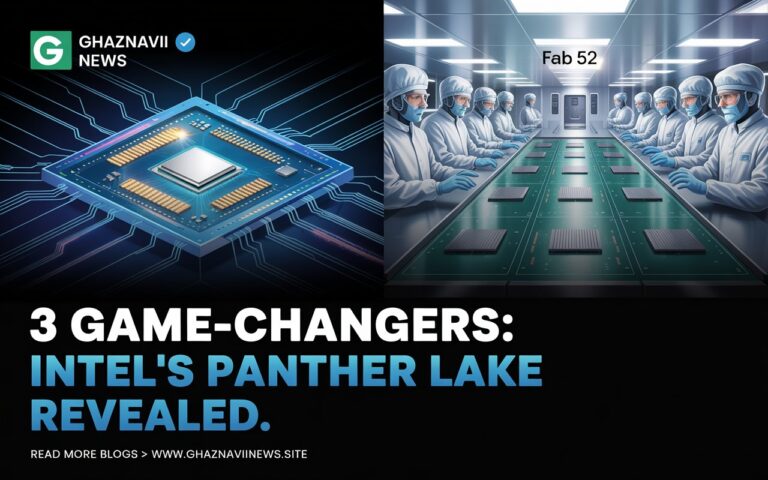

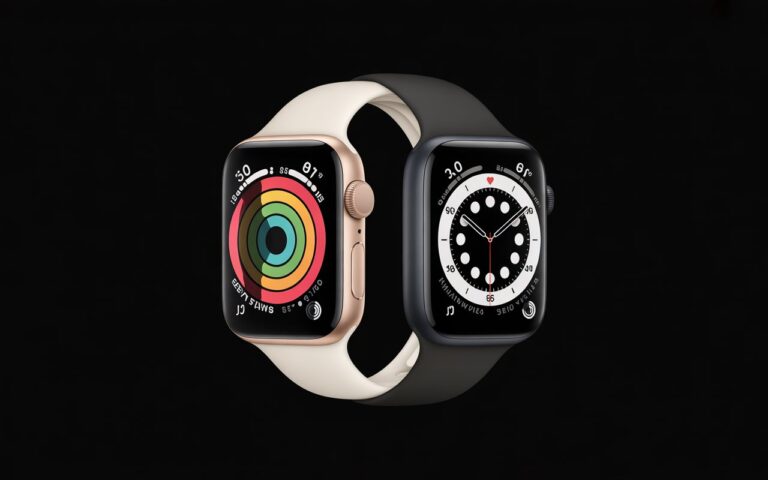

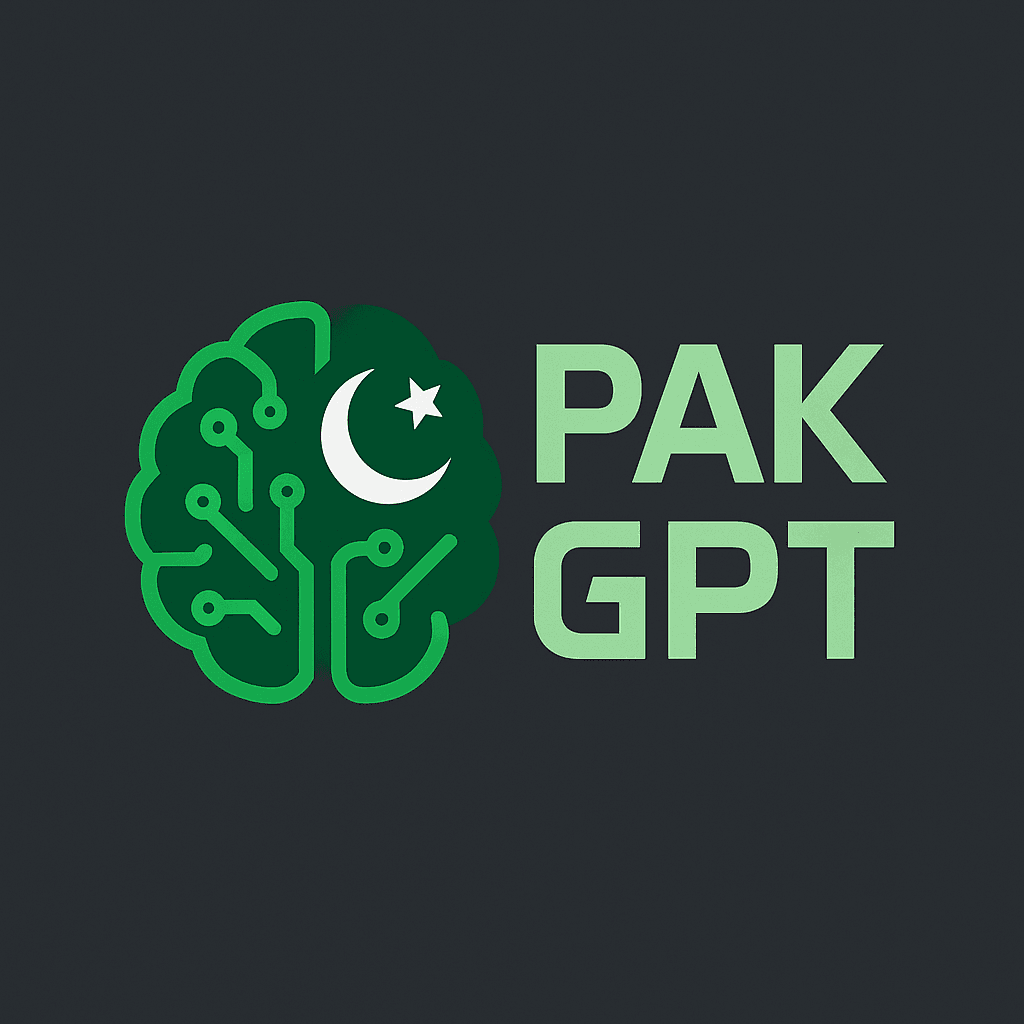



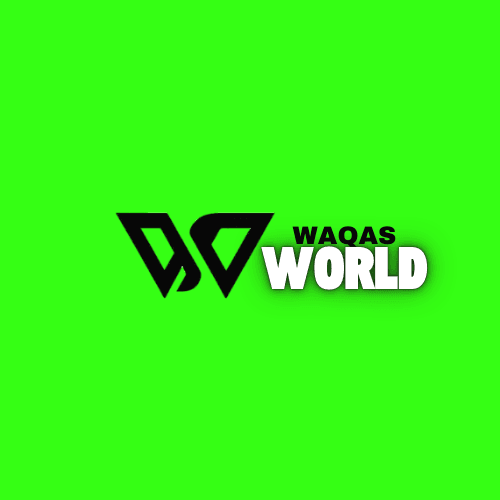
[…] Read More News […]